Kids are dealing with a lot of feelings right now. As they head back to school, those feelings will expand into that setting and impact their day. Many parents are talking about and practicing health and safety measures with their kids. Luckily, we can do the same to emotionally transition into this new situation. With some practice, conversations, and the right attitude, kids will be able to handle the situation well.
Jodi Aman knows a lot about how kids process emotions. A licensed clinical social worker, Jodi is also a psychotherapist who has authored five books about anxiety, panic, and pain. Her most recent release is Anxiety … I'm So Done With You: A Teen's Guide to Ditching Toxic Stress and Hardwiring Your Brain for Happiness. The book arms teens with the tools to take on anxiety.
Jodi took some time out to talk to LittleThings about getting kids prepared for the unique school year ahead. She believes that kids of all ages can head into school sure of themselves with a little preparation in the last days of summer.
Bestselling author, TEDx speaker, and psychotherapist Jodi Aman, LCSW, knows the anxiety that both children and their parents are facing about returning to school this year. In a conversation with LittleThings, Jodi shared a few tips to help parents and their kids prepare.
Jodi believes that parents need to start from a place where they feel comfortable with their decision, one way or another.
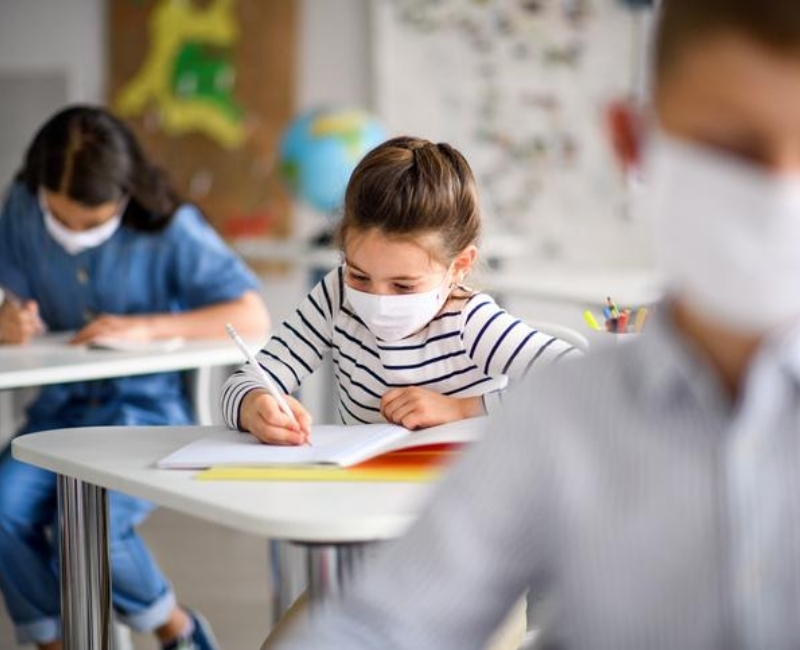
"Remind yourself that you are empowered rather than disempowered," Jodi urged.
"Especially with kids going back to school with [the virus] still rampant in many parts of our country, we deeply feel the 'no choice' conundrum. But within every action you take you do have a choice."
"You may be struggling with only having to choose one, when you'd prefer two options, but it is still a choice. If you focus on what you can choose and do so consciously, this will empower you (instead of making you distracted by being out of control) to make other choices to make things work the best for your family."
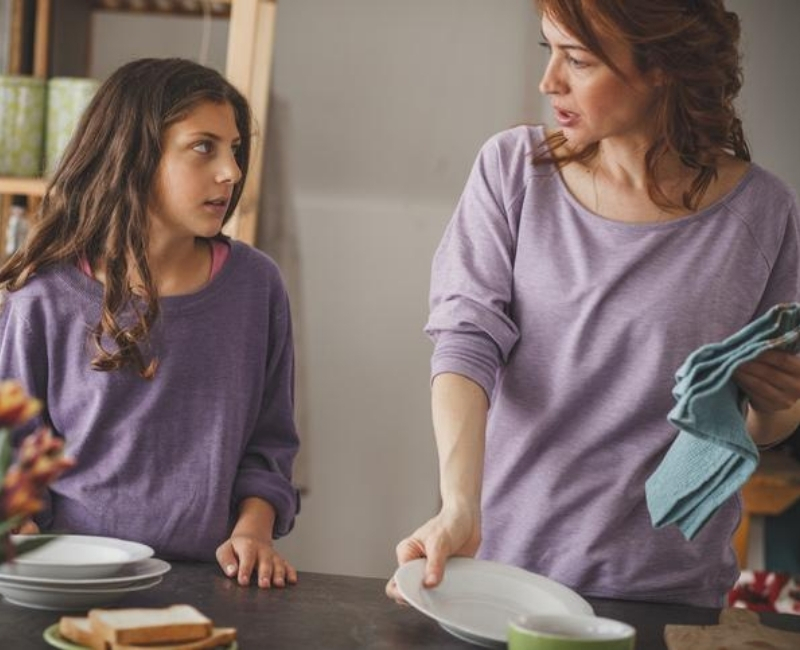
Sometimes, children won't be on board with the decision you make. Jodi feels it's important to determine whether or not that reason is related to concerns about the virus.
"There are different reasons kids may not want to go back to school, so it is important for you to ask why so you can address the specific worries in their minds," she noted. "It may not be what you think!"
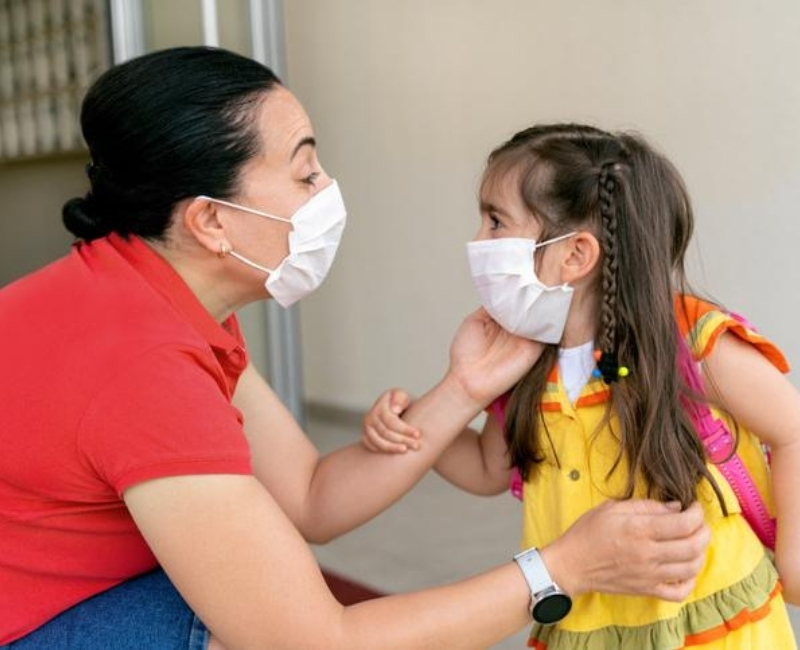
Many kids will have to wear masks in areas where they can return to a classroom. Jodi believes that while kids may have mixed feelings about wearing masks, parents need to validate them while empowering their ability to adjust to this new normal.
"You can validate any feelings that they express and then let them know that humans adapt and they will be able to as well. Belief about what they can do is important to relay and helps decrease their worries," she noted.
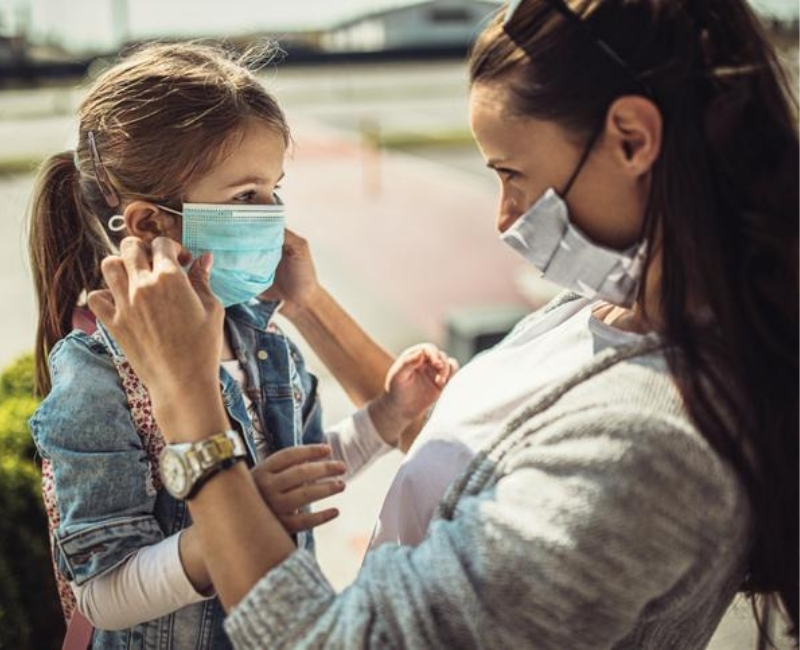
With younger children, Jodi encourages building up to all-day mask-wearing over time. "Let them build up to many hours a day so they get used to it. It can be like wearing new prescription glasses," she suggested.
"You might get dizzy the first day if you wear them too long. Have them do different activities with a mask so it becomes second nature. Don't spend energy hating the mask; this exhausts you and can make your kids feel anxious and troubled. You have to model adaptability to them."
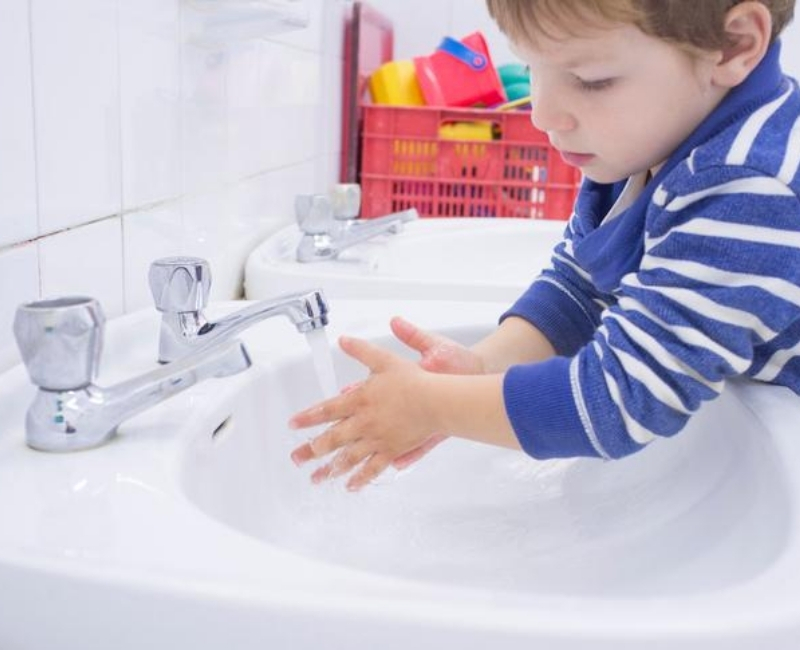
Kids should also practice not touching their faces before they return to the classroom. "This is one of the hardest things, is that people touch our eyes, nose, and mouth constantly and now we need to train ourselves not to," Jodi explained.
"For kids, especially if they have been home all this time, they haven't had to practice this yet. Try to come up with fun ways to learn not to touch one's face. The masks may help with this, but there may be times when there is physical distancing possible and they may take masks off, like during lunch, before washing their hands, and not having ever had to have this awareness, they may need to practice this. Rather than increasing anxiety, normalize this so your kids feel like taking smart action is an empowered way to live free of worry."
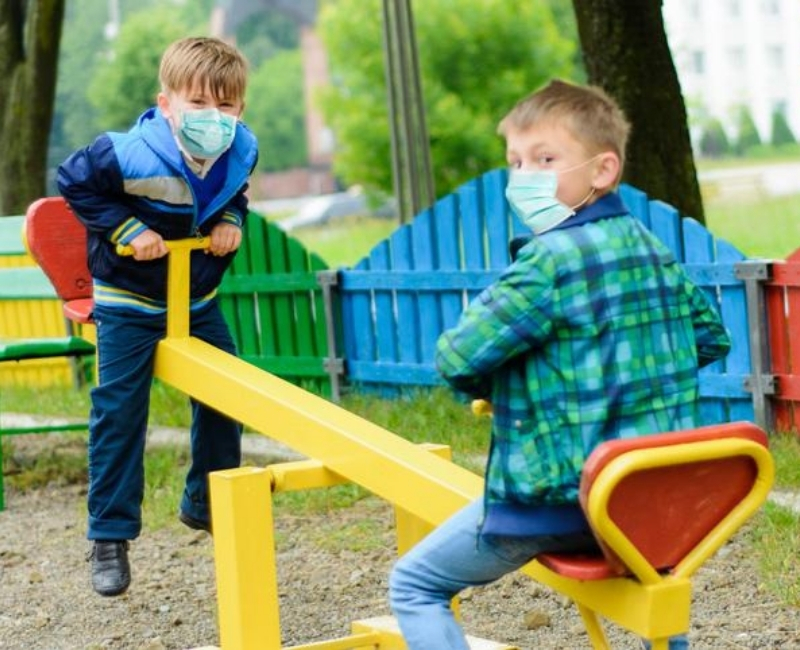
It's also important to prepare kids for conflicts with their peers regarding masks and personal space.
"This situation may increase times when other children aren't respecting your child's space," Jodi noted.
"Some kids are not kinesthetically aware and may need to be reminded frequently to physically distance. Help your kids find the words to ask for space when they are in these situations. Practice doing this until they feel more comfortable."
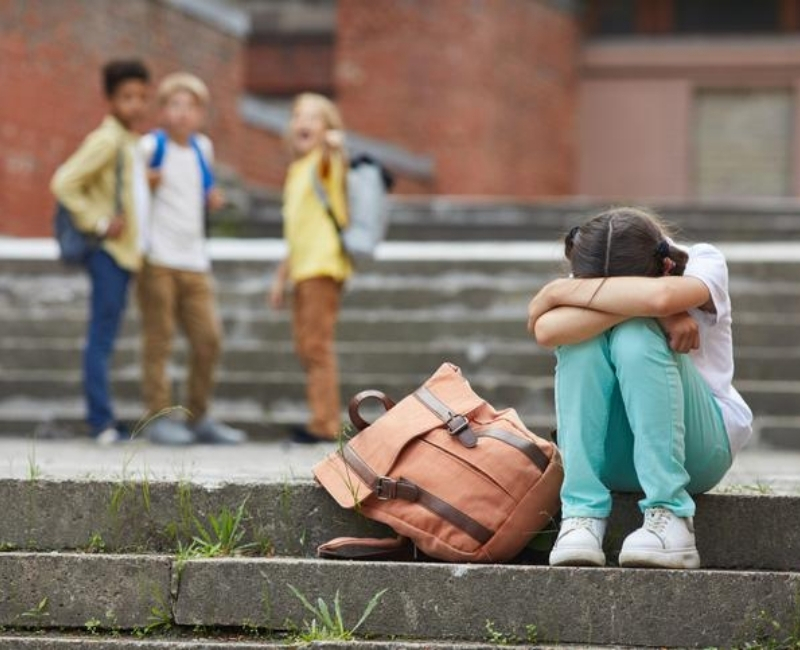
If your kid heads back to school and is struggling with the space boundaries of other children, Jodi thinks you should make the teacher and any other adults in the room aware of the situation so that everyone is on the same page.
"A conversation is to be had with the adults to help keep the other child away from your child," she noted.
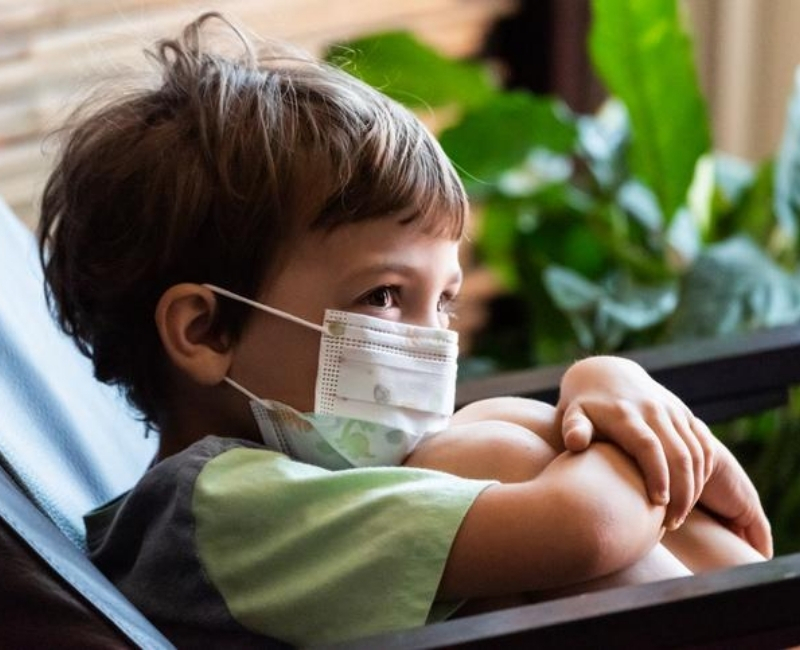
It's also as important as ever for parents to address bullying with their children. "One consequence of people feeling out of control is that they bully others to try to get a sense of control back," she points out.
"Just like every other year, make sure you speak to your kids about what to do if and when they are bullied. Get close to an adult, tell an adult, and tell you so you can decide next steps together."
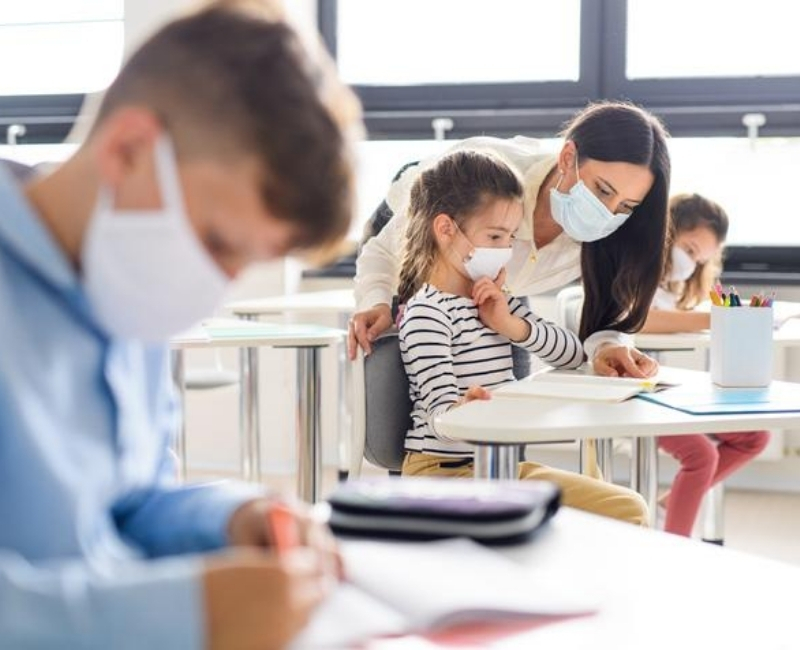
Parents may be more hesitant to reach out to already overwhelmed teachers this year. It's as important as ever to keep teachers in the loop right now, Jodi explains.
"Each teacher lets parents know how to reach them, whether it is by email or phone. Teachers may be overwhelmed, but they are sensitive to what kids might be going through, so they are available to talk," she says.
"They appreciate parents reaching out to co-support the kids. Go into the conversation assuming you are working together for the common good of your child. Acknowledge how hard this must be for them, too. Let them know what you are hearing and observing. Ask how you can support them."
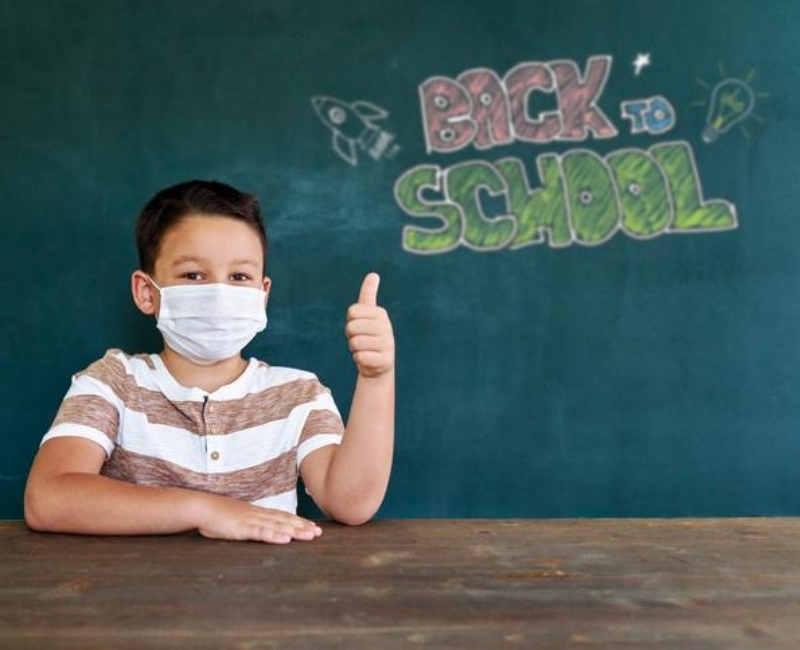
We're all venturing into new territory as we head back to schools and workplaces. Your kids will be more emotionally ready if they can go into situations feeling prepared to handle things as they happen.
"You want to help your kids think of themselves as empowered problem solvers," Jodi said.
"Find out what exactly they are anxious about. This will inform what actions you can suggest they take to help them see themselves as empowered problem-solvers."




